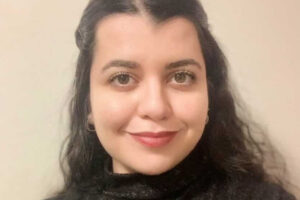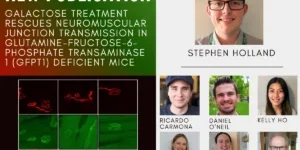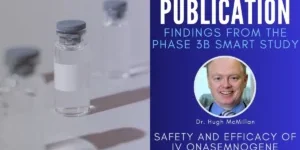Meet the lab’s two new members
Our lab is growing! We are excited to introduce two new members who have joined the Lochmüller lab this winter.
Daniel O’Neil
Daniel holds a BSc in Biochemistry from the University of Ottawa. During his undergraduate studies, he worked with Dr. Alexandre Blais’s laboratory where he studied the role of the Six1 transcription factor in adult satellite cell proliferation. Subsequently, he completed his MSc in Neuroscience at the University of Ottawa in Dr. Ruth Slack’s laboratory. His thesis examined the role of the activator E2f transcription factors, crucial regulators of cell cycle progression, in adult neural stem cell quiescence and activation.
Daniel looks forward to applying his accumulated technical knowledge to support ongoing research projects in Dr. Lochmüller’s lab.
Catherine Choueiri
Catherine recently graduated with an HBSc degree in Biology from Western University in October 2020. After completing her final year, she worked as a research assistant and laboratory manager in Dr. Kathleen Hill’s lab. In her role, she contributed to projects relevant to environmental mutagenesis, mouse SNP genotyping, and the use of genomic signatures for disease screening. Under Kathleen Hill’s supervision, Catherine also completed a teaching fellowship at Western, during which she helped to redesign the Principles of Human Genetics course for online delivery.
In January 2021, Catherine began her Master’s program in Cellular and Molecular Medicine with a specialization in Human and Molecular Genetics. She is working under the supervision of Dr. Lochmüller to create a zebrafish model for riboflavin transporter deficiency to be used in therapeutic screening.








